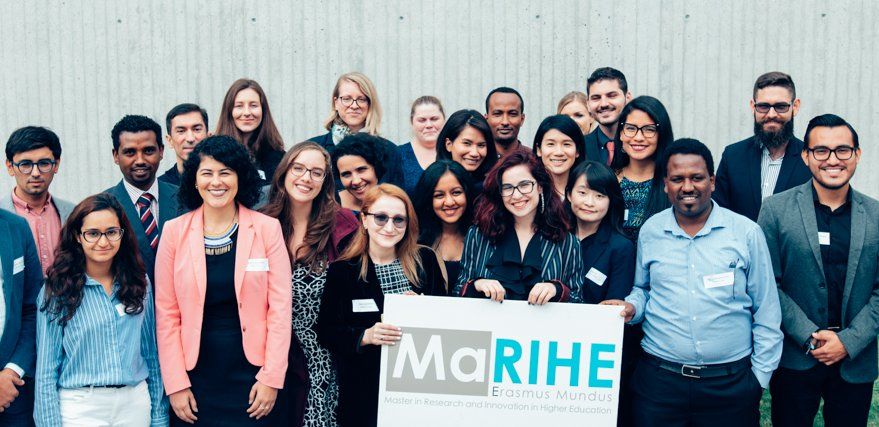-
Abschluss
Erasmus Mundus Joint Master - EMJM
-
ECTS-Punkte
120
-
Format
-
Dauer
4 Semester
-
Kosten
EUR 18.000,--
-
Zulassungsvoraussetzungen
Gemäß Curriculum
-
Sprache
Englisch
-
Verordnung (Curriculum)


Um Hochschulbildung, Forschung und Innovation auf die Zukunft vorzubereiten sind ambitionierte und kompetente Manager, Analysten, Forscher und politische Entscheidungsträger erforderlich.
Univ.-Prof. Dkfm. Dr. habil.
Attila Pausits
Studienleitung - Department für Hochschulforschung
